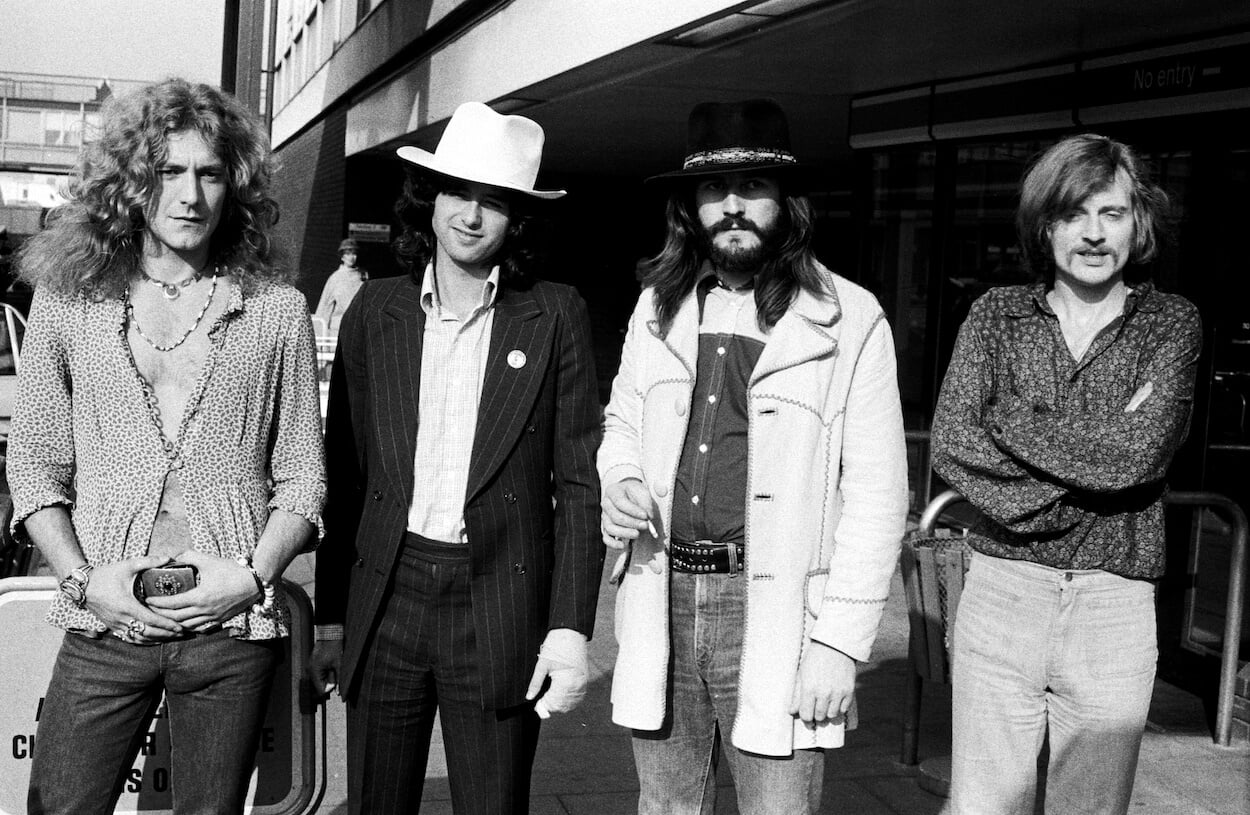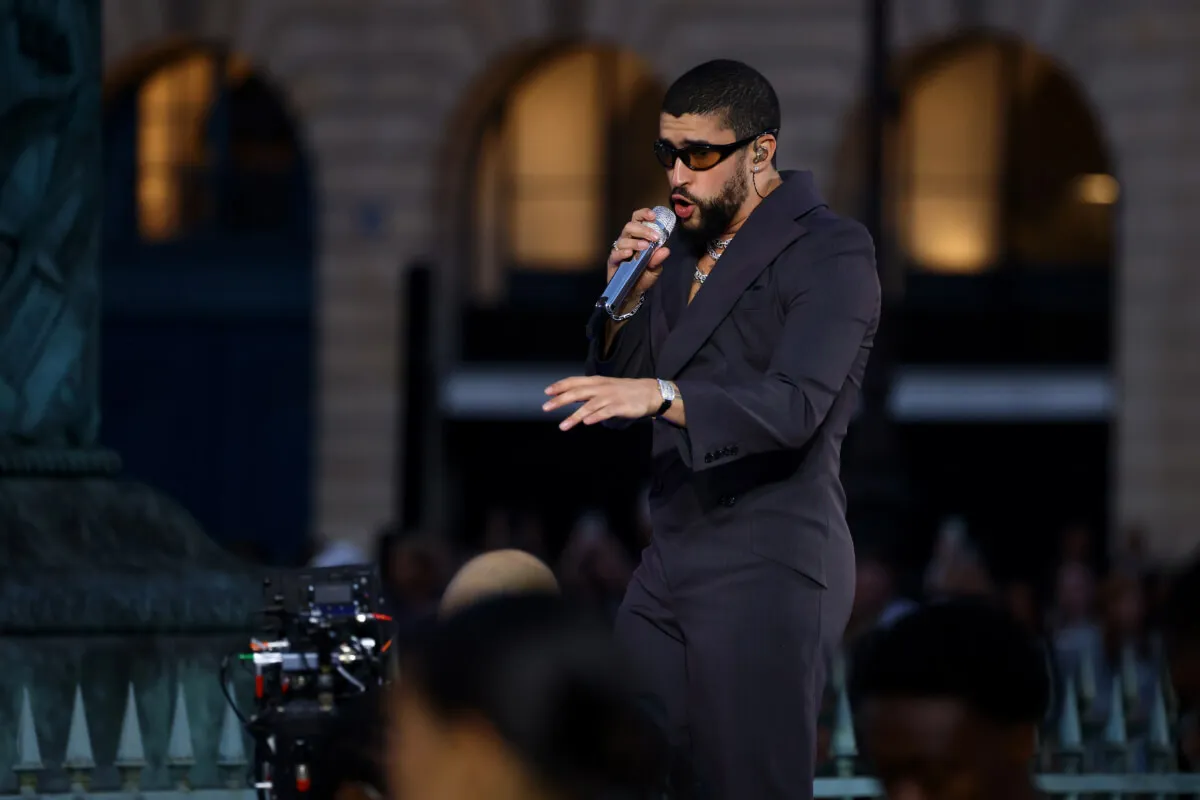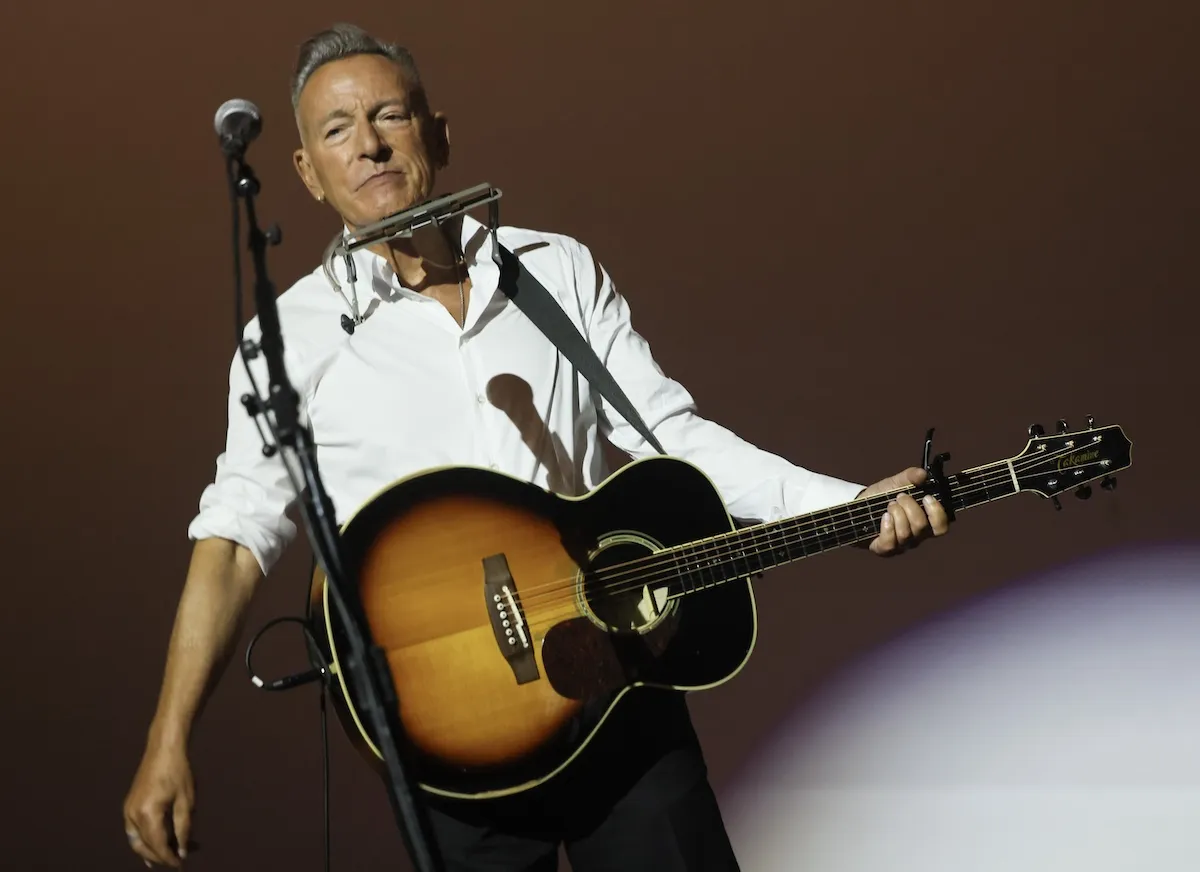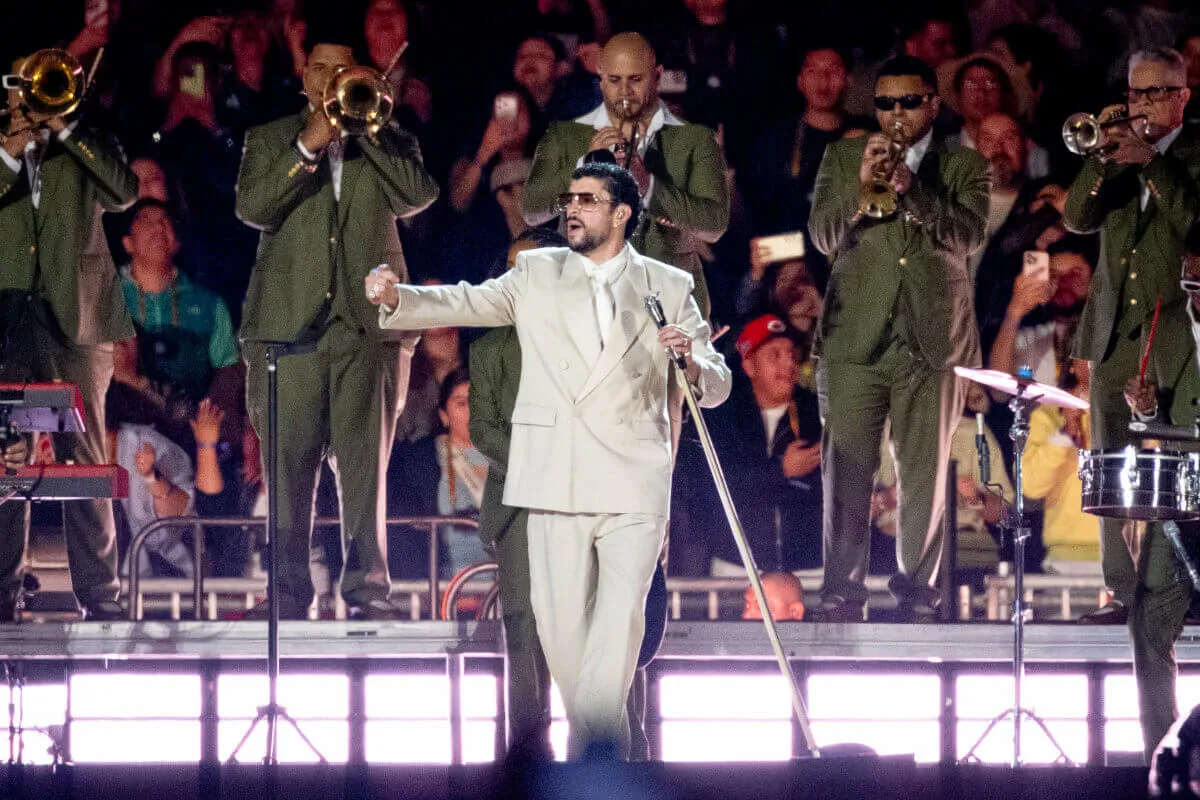
Why Led Zeppelin Didn’t Play at Woodstock
Led Zeppelin was one of the best live bands of their era. Jimmy Page, John Bonham, John Paul Jones, and Robert Plant formed an exquisitely tight and talented group. Seeing Zep live was like torture for Queen’s Brian May because they set the bar so high. Woodstock remains one of the most iconic music festivals of all time.iSo why didn’t Led Zeppelin play at Woodstock? It seems like it would have been a match made in heaven, but Zep saying no was in line with their approach to everything else.
Led Zeppelin didn’t play at Woodstock because the bill was too crowded
Woodstock promised music fans three days of peace and music in August 1969, and it didn’t disappoint.
The list of performers read like a who’s who of bands that became classic rock staples. Santana, The Who, Creedence Clearwater Revival, Jefferson Airplane, Grateful Dead, Janis Joplin, The Band, and, last but not least, Jimi Hendrix, who wowed the crowd with his rendition of the “Star Spangled Banner,” all played the festival.
That was part of the problem for Led Zeppelin.
They were one of the hottest live bands in the United States at the time. Plant realized Led Zeppelin would mean something to music fans based on a positive response at one of their first U.S. concerts. The band didn’t want to be just another band walking through the revolving door.
“Our management thought we would be typecast,” Plant told Jimmy Fallon (via CBS News).
Also, securing a primetime slot on the bill would have been next to impossible. Grateful Dead and Creedence played back-to-back late at night on Saturday, Aug. 16. The Band and Johnny Winter played the evening slots the following day. Hendrix’s festival-closing set came at the un-rock ‘n’ roll hour of 9 a.m. on a Monday.
Led Zeppelin likely came out ahead by not playing Woodstock.
The band played four consecutive nights — in San Antonio, Texas; Asbury Park, New Jersey; Wallingford, Connecticut; and Toronto — at a time when they made up to five figures for a live show. They could have netted $40,000 for headlining four shows, much more than the $32,000 Hendrix made (per BBC).
Not playing Woodstock was an example of Led Zep doing things their way
Led Zeppelin didn’t hurt their legacy by not playing at Woodstock. The fest became a pop culture milestone of the 1960s, but the band made an on-brand choice by saying no. Zep always did things on their terms, even before they became one of the world’s biggest bands.
Page paid to make Zep’s first album out of his own pocket. That was after he informed manager Peter Grant he planned not only to write the music and play guitar but also produce the records.
The guitarist then insisted Led Zeppelin sign with Atlantic Records instead of a subsidiary. That from a band with little to no industry cred. Page got his way, and Zep also secured a massive advance.
Later in their career, Led Zeppelin adhered to a no-singles policy (though Atlantic released some in the States). They also released consecutive albums without their band name on the cover (Led Zeppelin IV and Houses of the Holy). Then, they put out back-to-back double albums (Physical Graffiti and the soundtrack to The Song Remains the Same movie).
Led Zeppelin always walked their own path in their career. Saying no to a spot at Woodstock was another case of them choosing their long-term future over a short-term gain.
Zeppelin wasn’t the only iconic band to turn down a spot at the fest
One of Zeppelin’s concert dates during Woodstock featured a bill of fest no-shows. Jethro Tull, who opened Zep’s San Antonio show, also turned down a spot at the New York gathering.
Bob Dylan, Joni Mitchell, The Doors, Chicago, The Moody Blues, Procol Harum, and The Byrds also declined Woodstock invitations, per CBS. John Lennon reportedly showed interest in playing there but had trouble getting into the U.S. Iron Butterfly got stuck at the airport. Jeff Beck disbanded his Jeff Beck Group the day before they were supposed to play.
Led Zeppelin didn’t play Woodstock because they didn’t want to be just another act on the crowded bill. That decision aligned with their attitude of doing things on their terms. Not performing at the festival definitely didn’t impact their legacy as one of the best bands ever.
For more on the entertainment world and exclusive interviews, subscribe to Showbiz Cheat Sheet’s YouTube channel.


